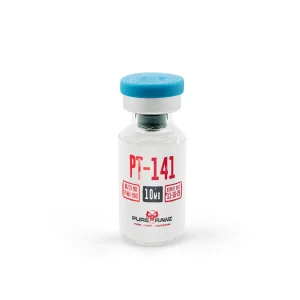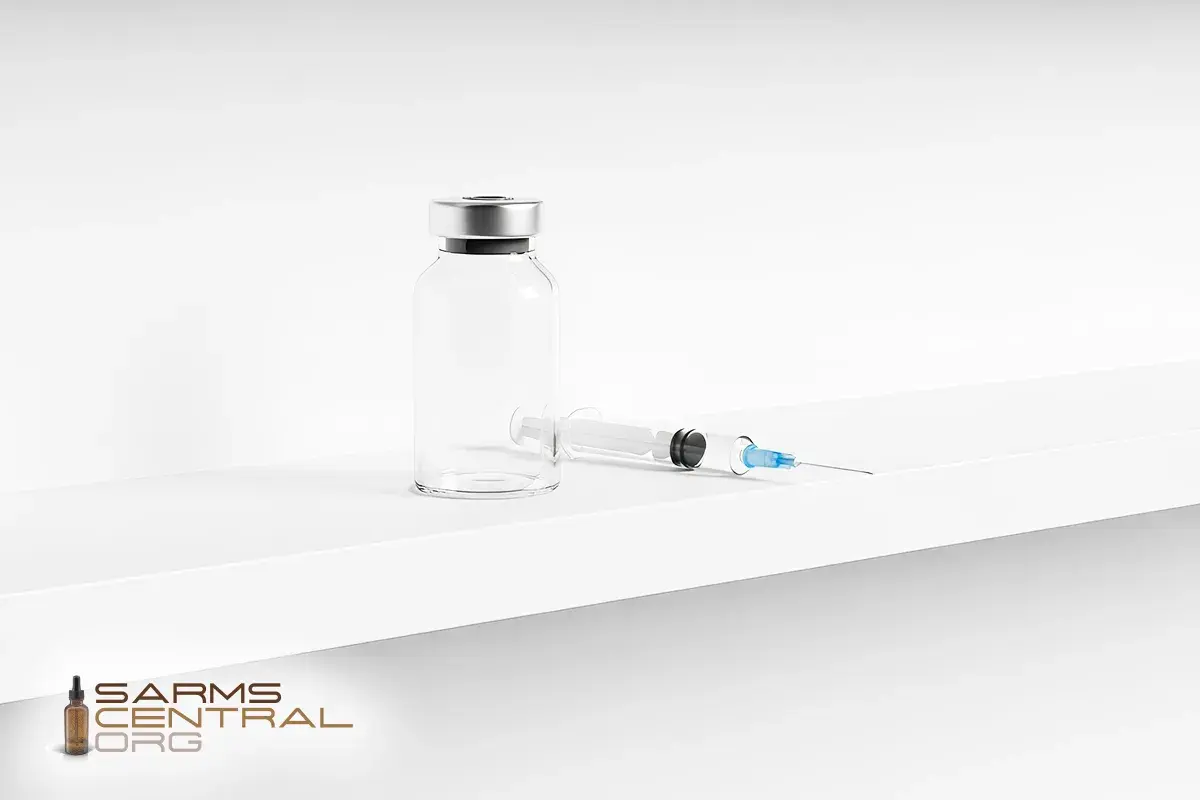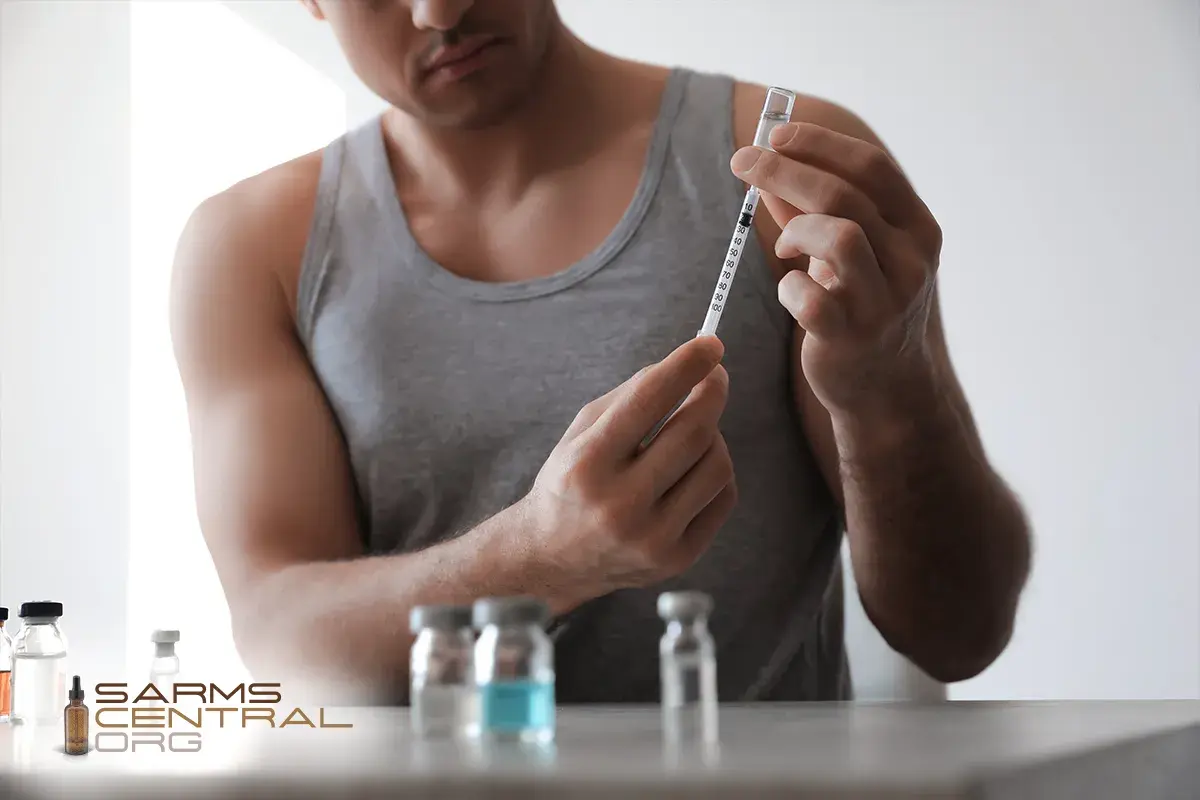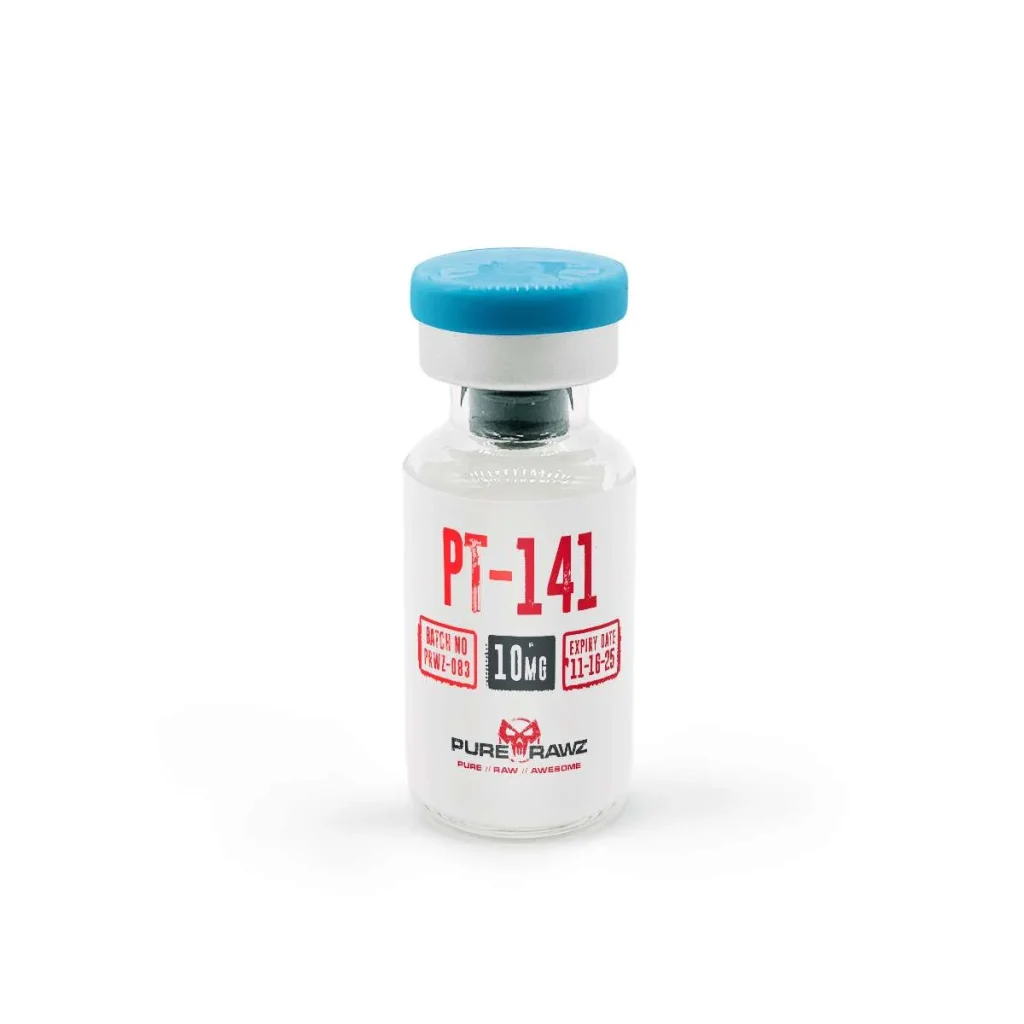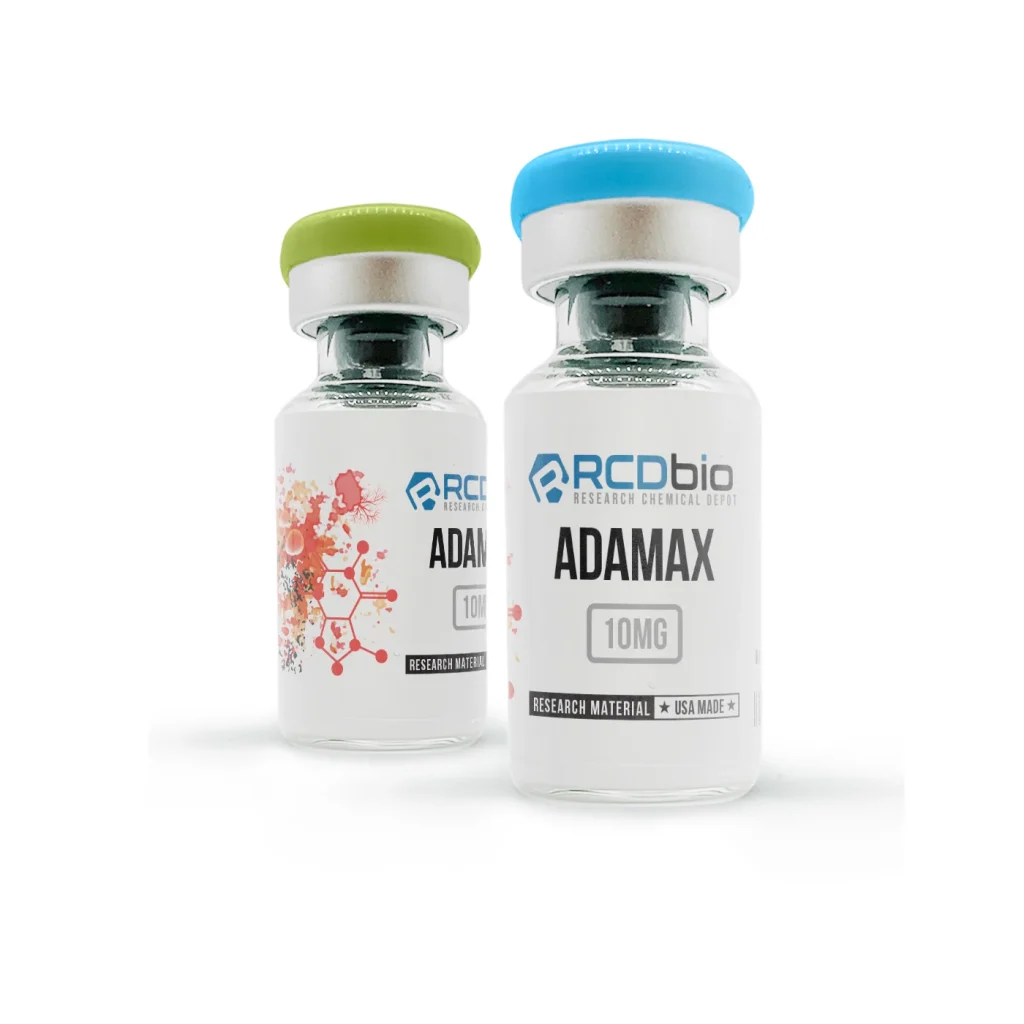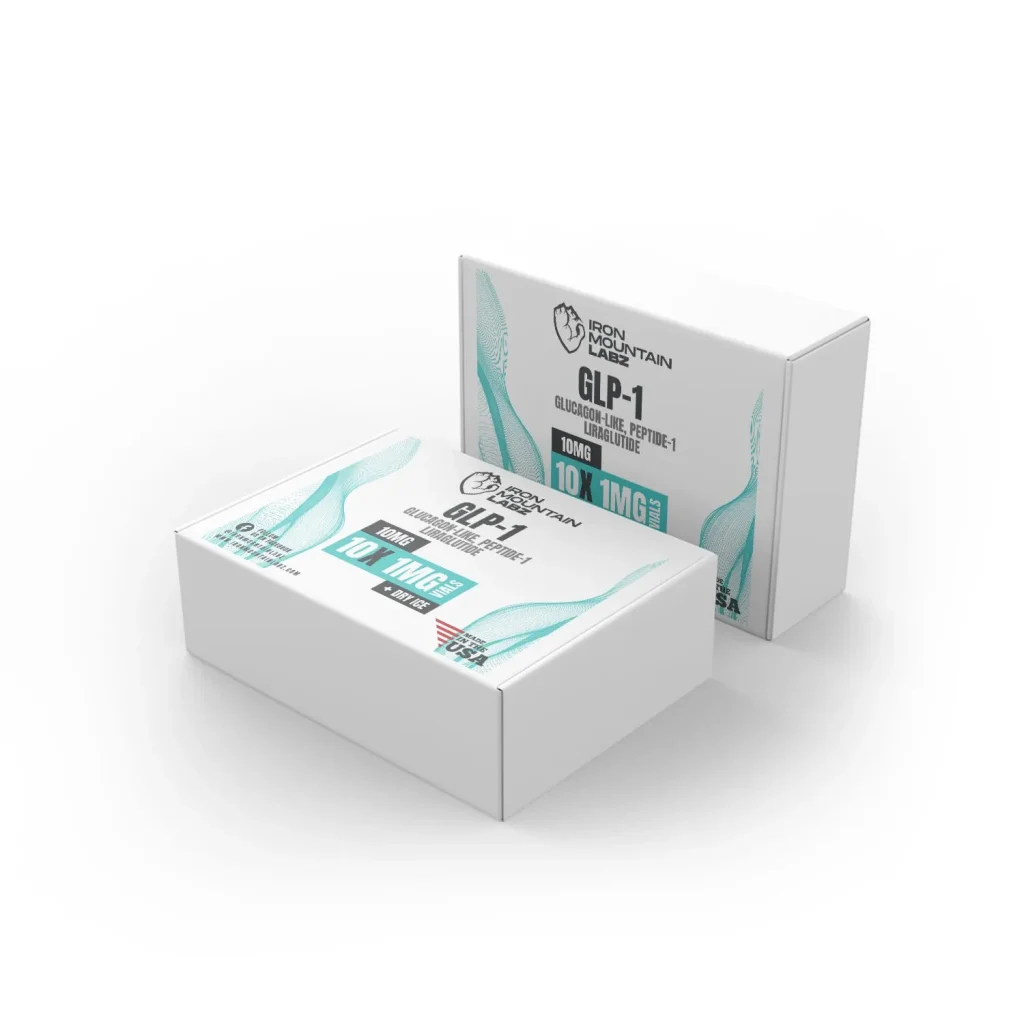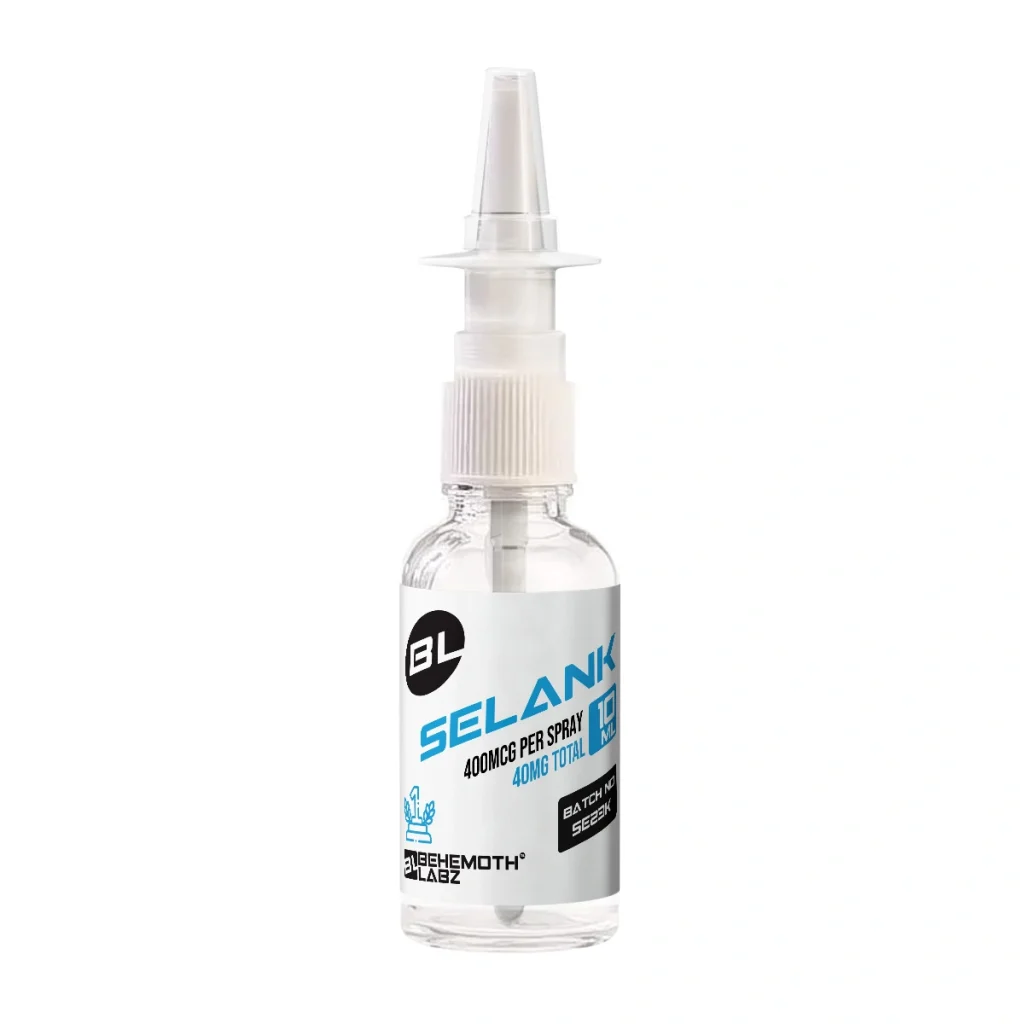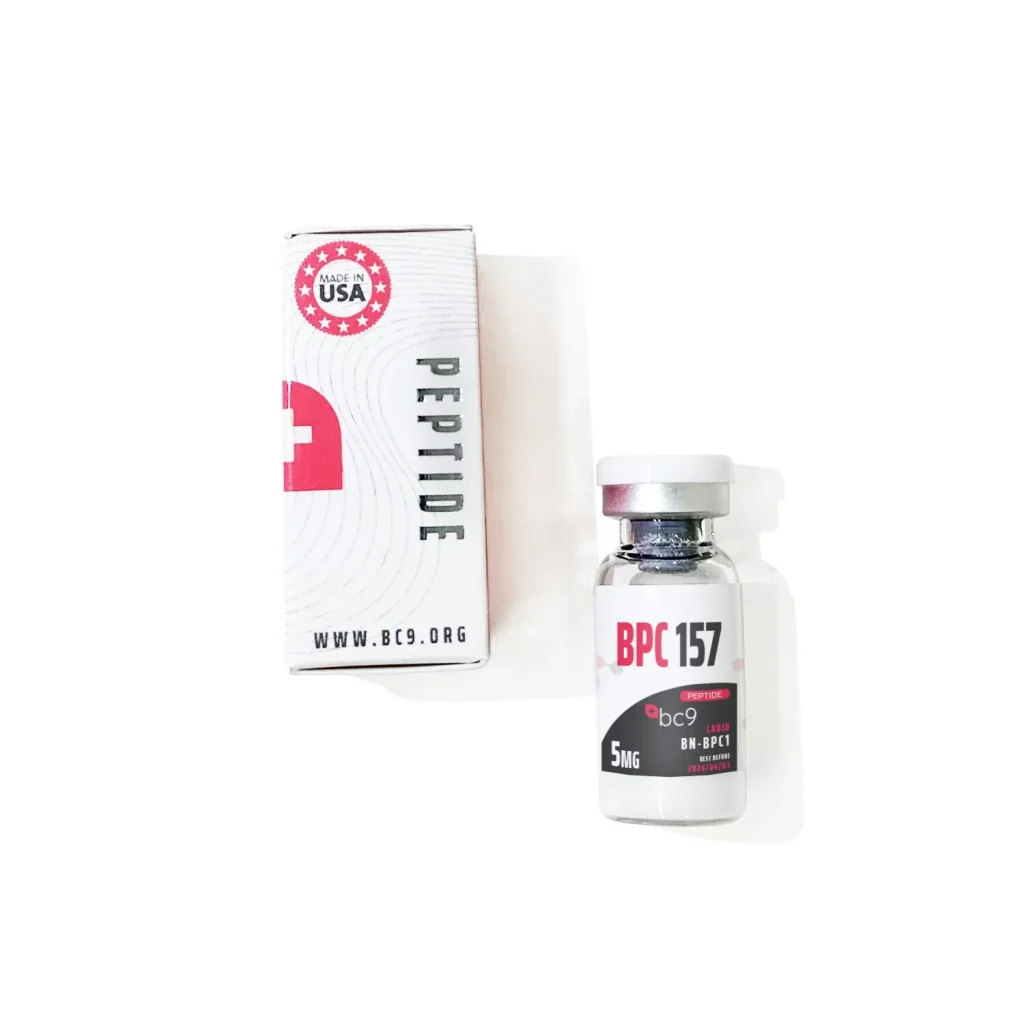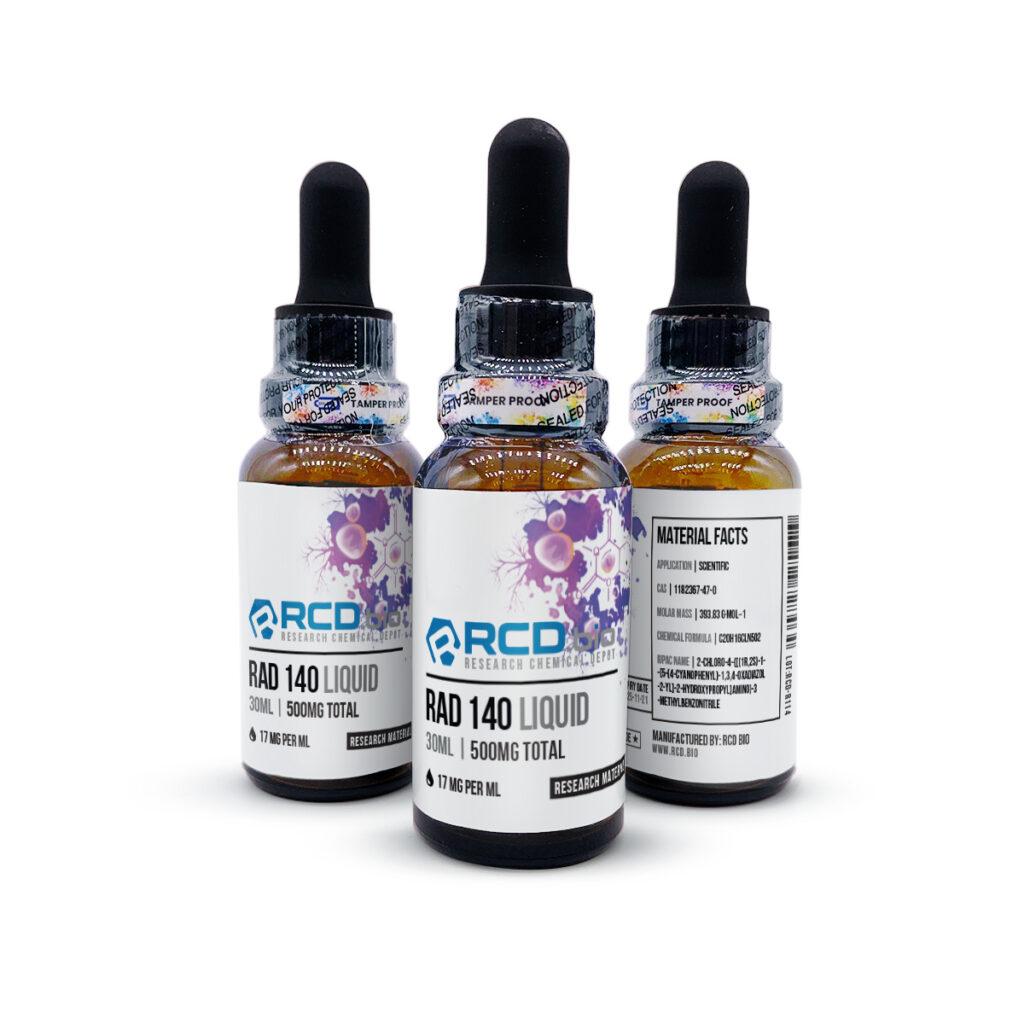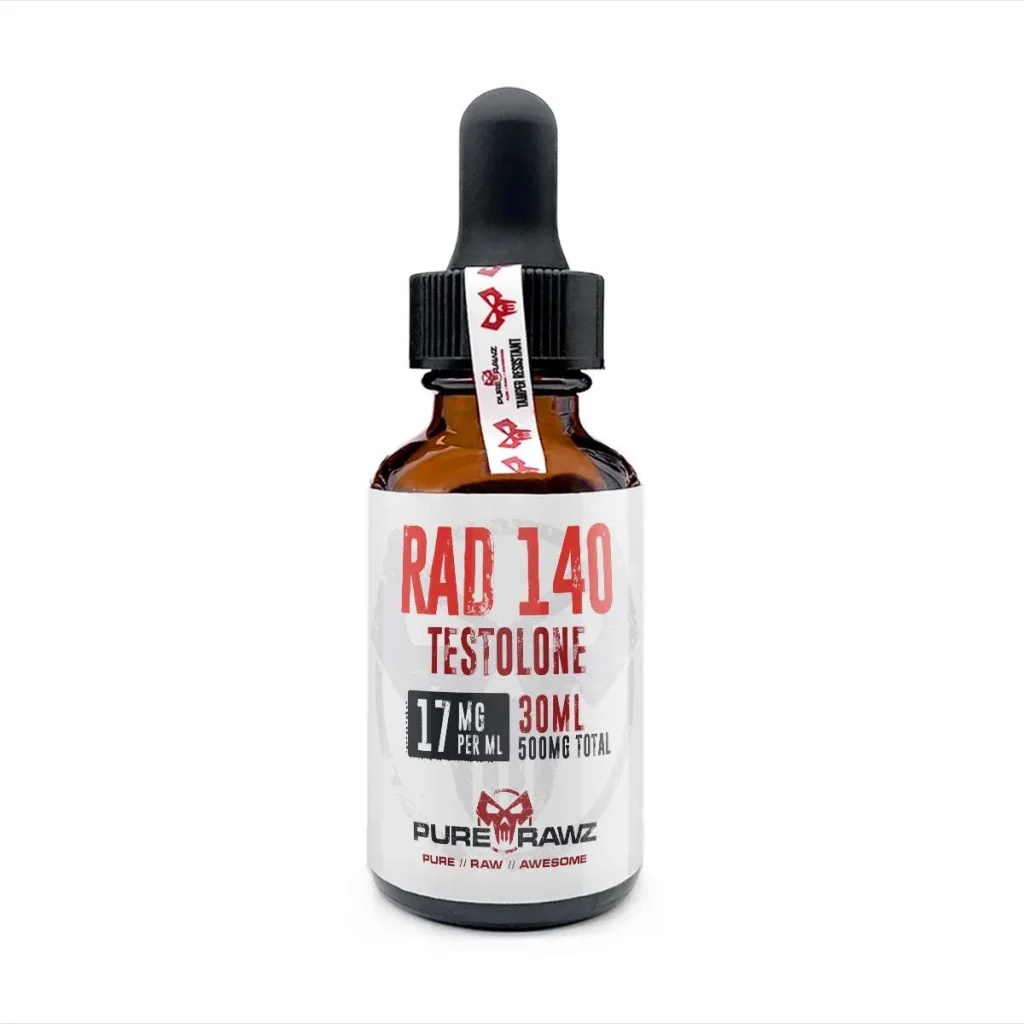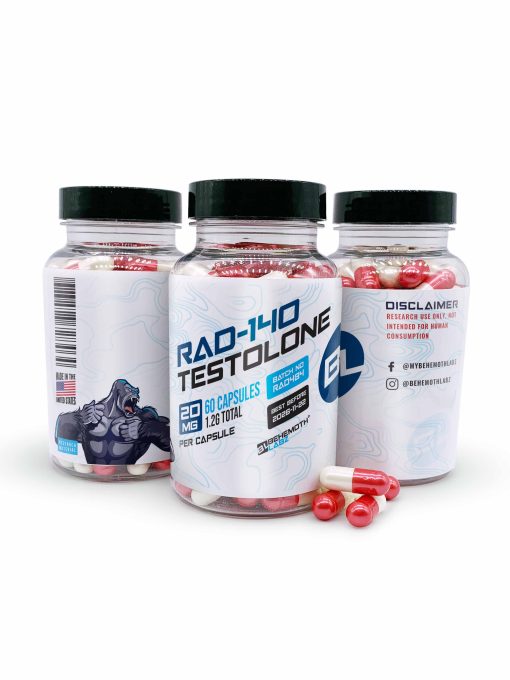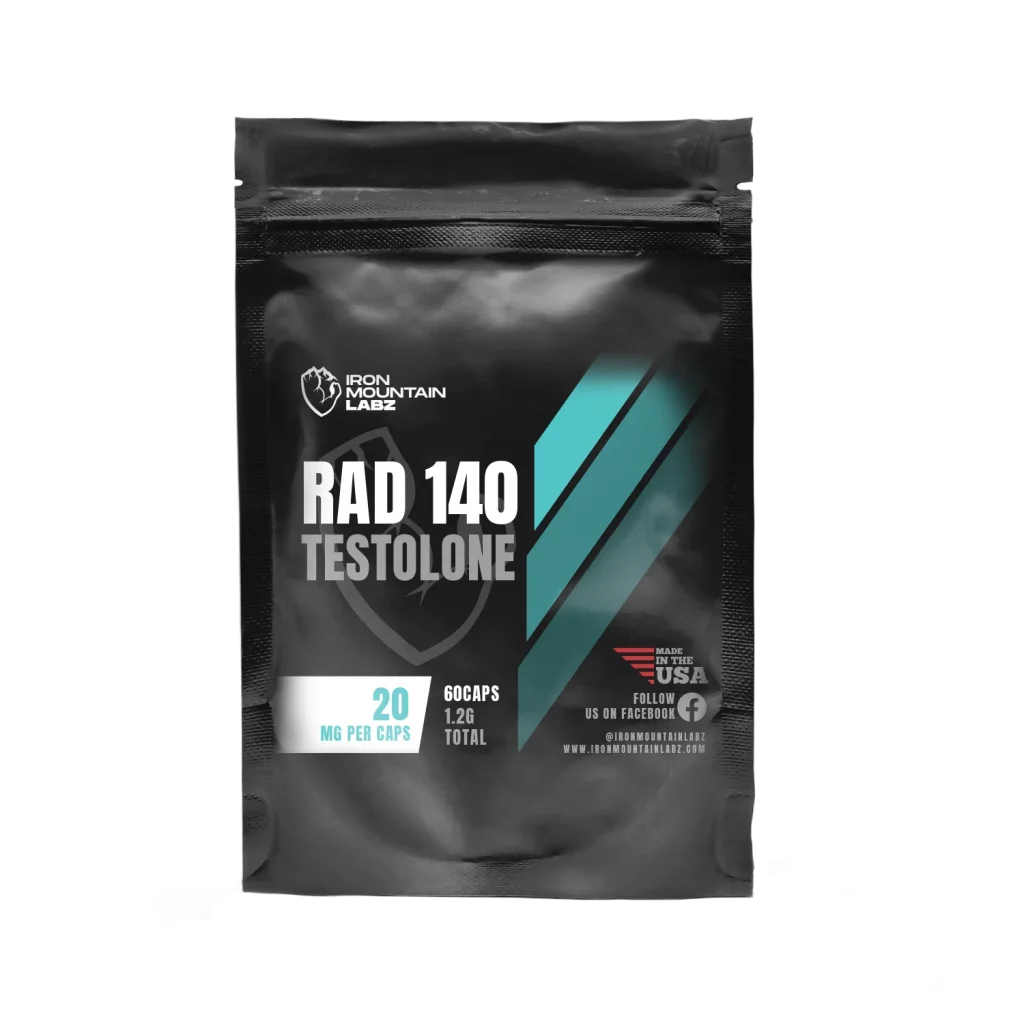Peptides have become the secret weapon in health and fitness, but what’s the real deal behind their legal status? Whether it’s peptide therapy, peptides for muscle growth or maybe their use in supplements, medical use, or research purposes, their legality is complex at best.
This blog will help you get into the confusing world of peptide regulations, in a clear and simple way possible to ensure you stay within legal boundaries when using peptides.
What are Peptides?
Peptides are short chains of amino acids that are connected by peptide bonds. They’re essentially the smaller versions of proteins. Many common peptides naturally occur in the body. This is where they play key roles like hormone signaling, tissue repair, and supporting your immune system function.
Because of their unique properties, peptides have found potential uses in areas like skin health, athletic performance enhancement, bodybuilding, and even in medical treatments.
Common Types of Peptides and Their Legal Status
There are numerous types of peptides to keep track of. Each comes with different uses and so their legal status which you should know about. Here are some of the most common types of peptides and their legality:
Therapeutic Peptides
These peptides are approved by the FDA for both treatment and medical use. One example is insulin, which helps manage diabetes and is widely used in healthcare.
Cosmetic Peptides
This group of peptides is legal for skincare products, but their safety and claims are regulated. It includes copper peptides, which are popular for improving skin texture and your overall health. That is why they’re usually found in products that support skin repair and rejuvenation.
Research Peptides
Research peptides are sold strictly for research purposes. So, any of these peptides are not allowed for human use. Instead, they may be purchased for laboratory and research study only, and strictly prohibited for direct human use.
Performance-Enhancing Peptides
Their use without medical supervision is illegal in many countries because of how it may carry serious health risks. These peptides may be used to boost athletic performance. However, these are usually banned in competitive sports due to strict doping regulations under the World Anti-Doping Agency (WADA).
So remember that although some peptides are FDA-approved, certain peptides still remain unregulated. This results in ongoing legal issues. For your safety and to avoid any potential health risks, make sure to know the legality of your peptide.
Legal Regulations Surrounding Peptides
Regulations on peptides can be pretty confusing because it varies depending on the country and their intended uses. In the U.S., the Food and Drug Administration (FDA) sorts peptides into these categories:
- ➢ Approved drugs
- ➢ Investigational new drugs (under clinical trials)
- ➢ Not approved for human use
So if a peptide isn’t FDA-approved, it can only be legally sold for research or lab use, and there are still strict restrictions on their use in human or animal test subjects outside the approved trials. That’s why it leads to a tricky legal gray area around the selling of peptides and other regulated substances.
FDA and Peptides: What You Need to Know
When it comes to peptide legality, it’s a must to consider FDA regulations. There are only a few peptides that are approved as safe and effective for use in the human body. Just like how growth hormones are tightly controlled but may still be prescribed for certain medical conditions.
Criteria for FDA-Approved Peptides
The FDA looks closely at important factors before approving any peptide for use.
To achieve FDA approval, a peptide must:
- ➢The peptide must be backed by solid research. This should explain how it works, its results, and whether it delivers its intended effect safely.
- ➢The FDA also requires results from well-designed clinical trials, especially in treating specific conditions.
- ➢These peptides must meet these three criteria: safety with minimal side effects, purity that’s free from contaminants, and efficacy or its treatment value.
- ➢The final approval includes the review by the drug administration experts. This is where specific standards are checked. However, if the peptide fails, it cannot be legally sold for human use.
Any peptide that does not meet the FDA standards is often restricted to lab use and research purposes only. Still, unapproved peptides may still undergo another FDA screening.
Steps in Getting an FDA-Approved Peptide
To know more about the process, here’s how it usually goes, step by step:
- Researchers conduct detailed research and development in designing the peptide and study how it might work in the body.
- The peptide is then tested on animal models to check for early signs of effectiveness and side effects.
- If early results look promising, researchers may apply for Investigational New Drug (IND) status to start human testing.
- Once done, phases of clinical trials with human participants may start. This confirms its safety and use for human therapy.
- The peptide and all the data will then be submitted and reviewed by the FDA. If approved, the peptide may be sold in pharmacies and licensed clinics.
Research Peptides vs. Human Use
Users often use peptides for research, bodybuilding, anti-aging, or wellness. But there are huge gaps in the legality of research peptides and human use of peptides. To keep your health safe and your research on the right track, always know what sets them apart.
| Factors | Research Peptides | Human Use Peptides |
| Purpose | These are only allowed for lab-based research purposes with strict regulations. | These are often prescribed for human treatment and therapy. |
| FDA approval | None are FDA-approved for human consumption. | All must pass the FDA approval before getting classified as human use peptides. |
| Legality | They are only legal for research use. | They can only be legal for human use but with valid peptide prescription. |
| Risk and side effects | Most peptides here have a higher risk and unknown side effects. | Most risks here are usually lower and manageable. |
| Selling Restrictions | These are not found in usual pharmacies and are labeled with “not for human use.” | These may be dispensed in licensed pharmacies under medical supervision. |
Risk and Side Effects with Non-FDA Approved Peptides
Peptides may give you some potential benefits, especially in muscle gains, but using unregulated peptides may cause you serious legal and health risks, such as:
- ➢ Hormonal imbalance from poorly managed growth hormone levels
- ➢ Skin irritation or unexpected allergic reactions
- ➢ Stress on organs caused by hidden impurities
- ➢ Mood swings or other psychological changes
These risks may increase when peptides are combined (‘stacked’) with other drugs or steroids.
Peptide Legality of Purchasing Online
You might feel like buying research peptides online is ideal and convenient. However, without proper regulations, it increases legal and safety risks. Some sellers promote them as peptide therapy or supplements, despite lacking FDA approval or clear legal status.
Before purchasing online, make sure to:
- ➢ Look for verified lab reports or COA (Certificate of Analysis)
- ➢ Check for clear disclaimers that state their intended use (for human or for research)
- ➢ See if the website or seller shows FDA approval or relevant regulations
One key tip is to also avoid any site that blurs the line between drugs and dietary supplements. This confusing gray area may easily get you into trouble once purchased.
Benefits of Using Legal Peptides
When used the right way, peptides may deliver these potential and documented uses:
- ➢ Support in skin repair and with visible anti-aging results
- ➢ Enhanced athletic performance
- ➢ Build muscle, especially for those with hormone or nutritional deficiencies
- ➢ Promotes healthy hormone balance, including growth hormone production
Find The Best Prices For Peptides Products
Conclusion
Peptides can offer potential benefits for health and performance, but they’re not something you want to mess with blindly. Between the science and regulations on peptides, there’s a lot to consider.
If you’re thinking about personalized peptide therapy, using them for treatment, anti-aging, or even athletic goals, ensure you understand your local laws. Avoid shady sources and make sure to know the legality of your peptide.
Frequently Asked Questions
Are peptides banned in athletic use?
Yes, especially the popular peptides that benefit your growth hormone or athletic performance. Most sport organizations ban them based on major doping agencies. So check the rules first before using.
Can I buy research peptides legally online?
Yes, but you must ensure that COAs are available and the peptide is clearly labeled for research purposes. However, using them outside research, especially for peptide treatments like growth hormone secretagogues can affect your health and your legal safety.
Is peptide therapy legal?
Yes, peptide therapy is legal. But only when prescribed by a licensed doctor and involves approved peptide treatments. Make sure that the peptides are FDA-approved and follow proper protocols once taken in your body.
How do peptides differ from steroids in the body?
Peptides are short chains of amino acids, which are the building blocks of proteins. They trigger natural responses like growth hormone release. In contrast, steroids are synthetic hormones that override those processes. Both may benefit you with muscle gains and athletic performance.

